Mornington Peninsula’s restaurants conjure Europe with fine dining and service
The restaurants and vineyards of Mornington Peninsula conjure dreams of the Continent.
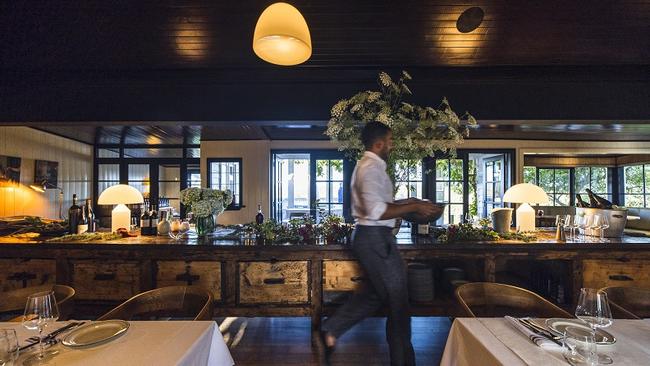
If not for the morning chorus of black cockatoos in the valley below, I could imagine I am in Italy. Or France. Or Spain. From the cosy upstairs bedroom at Graceburn House I wake to a pre-dawn sky, peachy at the horizon and fading to lilac above a fertile region of farmlands and vineyards.
A fresh-baked cake – a crumble of delicious London Pippins, from an apple orchard down the road – and loaf of bread await on the kitchen bench downstairs. There’s also good coffee and teas, eggs and bacon, dairy products and house-made granola, even syrupy stewed quinces, all ready to be enjoyed on the vine-draped veranda.
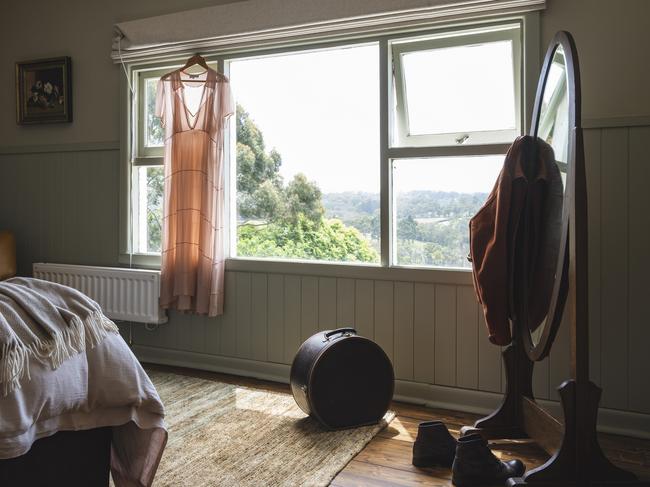
It’s this generosity of spirit that impresses. At a time when we can’t leave Australia, Graceburn House, and its restaurant Tedesca Osteria, offer a welcome fix of European-inspired hospitality. A chance to lose yourself in a convivial country restaurant and house that channel an upscale agriturismo, those Italian farmstays where all the produce comes from within a tightly prescribed area and guests savour the abundance of the land; in this case, the richly volcanic and vine-stitched soils of Victoria’s Mornington Peninsula.
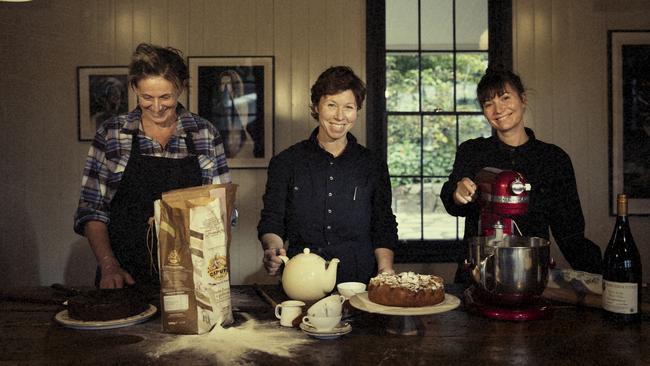
Tedesca was an artists’ home, gallery and studio before renowned Melbourne chef Brigitte Hafner and her architect husband Patrick Ness bought it and transformed it into their homely but high-toned osteria. The restaurant debuted in January last year and then, in November, they opened the neighbouring accommodation; the three-bedroom Graceburn House and The Glasshouse, a once-derelict artist’s studio reimagined as a romantic couples’ retreat. I stay in both and can’t pick a favourite, but the gold curtains and frescoed clouds of Graceburn win me over with their bold whimsy. With a full kitchen and bar, it’s also the perfect setting for a house party.
The most compelling reason to stay here is its ready access to the restaurant, which in its short life has become a pilgrimage site for Victorian bon vivants. Beyond the heavy Tasmanian oak door, the nave-like space of filtered light and curved plank ceilings brings to mind a New England barn. (Everything about Tedesca seems to remind me of elsewhere.)
A credenza laden with bountiful vases, wine bottles, fruit and legume platters, even a bird’s nest, divides the dining space. At one end, the bar; at the other, an altar of sorts. A custom-built brick wall fitted with Alan Scott oven and a flame grill, where Hafner works wonders with fire alongside sous chefs Leilani Wolfenden and Emmanuelle Leftick, whose impressive CV includes stints at Spanish trailblazer El Bulli and California’s The French Laundry.
Hafner’s handwritten menus draw on whatever’s fresh in Tedesca’s sizeable biodynamic garden – a Covid project – and choice offerings from local farmers. The philosophy is whole-animal cookery, fire and lots of vegetables.
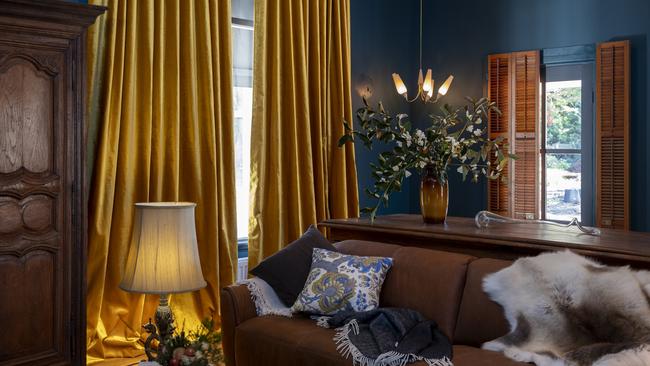
Her business partner and maitre d’ James Broadway takes charge of the wine. Ask to see his subterranean cellar housed in a water tank under the restaurant. Trust his recommendations.
The five-course menu begins with a flurry of mezze plates, including beetroot plucked straight from the garden, fresh like I’ve never tasted before; salt-flecked focaccia; Cypriot-style pita parcels stuffed with Kalamata olives and greens; and hot smoked mussels from Flinders.
There’s always fresh pasta. Today it’s tortellini, plump with roasted pumpkin and sweet gorgonzola, glazed in a simple but faultless browned butter and sage sauce. Then fleshy, wood-fired grouper in a lobster bisque, and dry-aged ribeye seared with fire and served winningly with a bright chimichurri. And a pastel de nata-style custard tart of fig and honey. The pastry’s superb.
The set five-course menu is $160. You won’t even flinch. It’s worth every cent and way cheaper than flying to Italy to capture an equivalent sense of la dolce vita.
The Mornington Peninsula is the retreat of Melbourne’s elite but there’s nothing pretentious about its restaurants. Most tap into the region’s bounty and deliver refreshing authenticity in food and wine.
The closest thing to a social hub is Merricks General Wine Store, a popular meeting place since the 1920s that’s evolved to offer a cellar door, beloved bistro, coffee kiosk, art gallery and a new courtyard pergola with gardens by Paul Bangay. The store is owned by two of Melbourne’s most notable families, the Baillieus and the Myers, and showcases the wines of their respective vineyards, Elgee Park and Baillieu, alongside those of “friends and neighbours”.
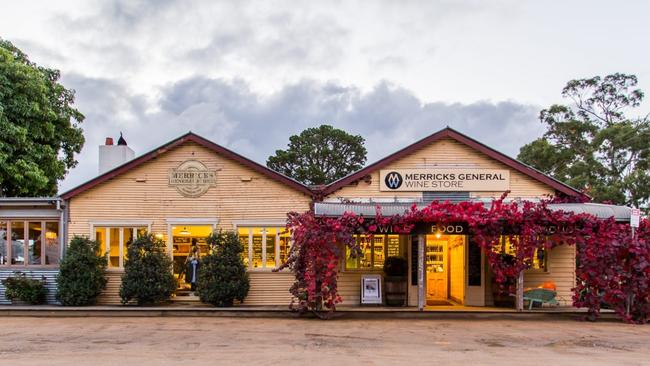
Patriarch Baillieu Myer and his wife Sarah pioneered Mornington’s modern winemaking era when they planted vines at their Elgee Park estate in 1972. Now 95, Mr Myer still pops by the store daily for a coffee and catch-up.
Warm timber interiors, generous windows on to gardens and Sam Baillieu’s botanical arrangements lend the space a chic country-homestead feel.
Newly installed chef Guy Stanaway, ex-Aman Resorts and the peninsula’s designer hotel Jackalope, cooks with ingredients from Elgee Park’s gardens and premium suppliers.
Start with oysters spiked with the kitchen’s “tabasco” (made from Elgee Park chillies), and don’t miss the corn-flake crusted Hazeldenes chicken with vadouvan sauce. “It’s the dish of the menu,” a waitress confides. “That sauce is absolutely sensational.”
Down the road lies Pt Leo Estate, a sprawling, 135ha complex of cellar door, two restaurants and a sculpture park where guests can wander with glasses of wine. The property slopes down to Western Port Bay which, in certain angles and light, could pass for the Bay of Biscay. The Spanish connection strengthens at Laura, Pt Leo’s signature restaurant, where Catalan Josep Espuga channels his mentors Andoni Aduriz at Mugaritz and Sergi Arola at La Broche for a bit of molecular gastronomy magic.
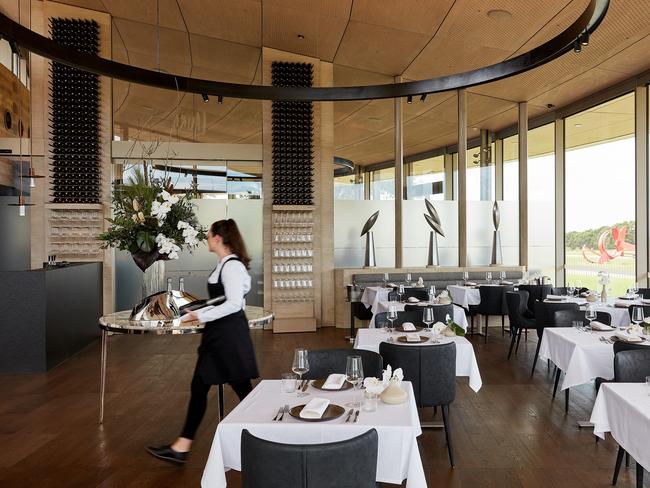
Espuga’s brigade might create an amuse-bouche of chestnut – not roasted but churned into ice cream inside a “shell” of almond brittle – or warmed mussels beneath a frozen disc of consomme tomatoes. All delivered by exceptionally good staff as the restaurant’s namesake sculpture Laura, by the Catalan artist Jaume Plensa, stands sentry outside the windows.
If there’s one place that, for me, reflects the soul and sophistication of the peninsula it’s Ten Minutes by Tractor, an institution as loved by holiday-makers as by locals. The name stems from three vineyards planted by three couples in 1992, each a short tractor ride apart. Current owners Martin and Karen Spedding now work the vines to produce a range of sensational single-vineyard chardonnays and pinot noirs, and a Loire-style sauvignon blanc. They also run one of Australia’s most notable regional restaurants.
They bought the business in 2003 and everything was firing until summer 2018, when a fire tore through the cellar door, parts of the restaurant and more than 16,000 vintage wines. “We lost just about everything,” Martin says.
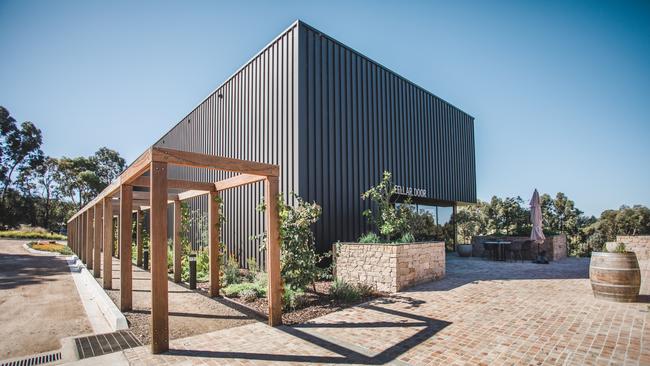
The couple rallied their troops and rebuilt Ten Minutes by Tractor. The cottage restaurant has been extended to include more seating and a new cellar. The decor is a serene arrangement of olive greens and greys, textured fabrics and gorgeous monochrome marble flecked with green. Natural light pours through east-facing windows, constantly setting the mood. A wine terrace connects the restaurant to the cellar door, a soaring, chapel-like space of local stone and spotted gum that’s been short-listed for the 2021 Victorian Architecture Awards.
The restaurant is open daily for long lunches – the peninsula knows no other kind – and my best advice is to strap in. Chefs Adam Sanderson and Hayden Ellis, both alumni of The Fat Duck, commence proceedings with a parade of “snacks”, perhaps a prized chicken oyster licked with spring onion mayo, and a homemade crumpet lavished with smoked mussel butter, grouper tartare and salmon roe, zesty with lime.
There are five courses and, if you choose to (you really should), sommelier extraordinaire Xavier Vigier will match wines to each. Vigier’s wine tastes are “classic, with a touch of frivolousness” but far from extravagant. He likes to pour affordable French varietals so diners can try them without breaking the bank. “To give back that trust that wine pairing isn’t just about taking your money,” he says, smiling.
His matches are impeccable. For example, he presents two pinot noirs, one from each of Melbourne’s peninsulas, with a pigeon dish, promising one will go best with the dry-aged breast, the other with the confit leg and loin. He’s spot on.
For the Narooma bass grouper with Jerusalem artichoke and roast kelp oil, he serves two great vintage chardonnays, a 2010 and a 2018 McCutcheon from the Ten Minutes garage. “I think the 18 will go with the flesh of the fish, and the 10 will go with the kelp oil,” he says.
Like many of Australia’s regions, the Mornington Peninsula is booming. And that European sensibility is as strong as ever. Gazing across the organic chardonnay vines staked outside the restaurant, Vigier sighs, “Those colours – the green and the golden leaves – they remind of Burgundy.”
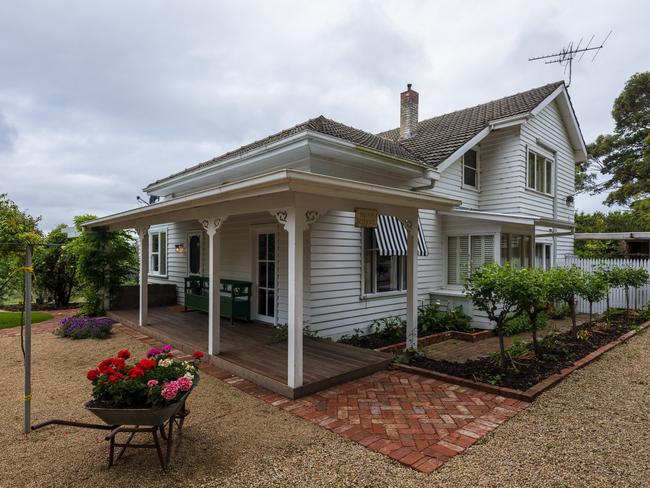
In the know
Graceburn House has three bedrooms, a double bunk room and two bathrooms; $1000 a night on weekends, $900 Mon-Thurs. The Glasshouse sleeps two with kitchenette, wood heater and claw-foot bath in the glassed conservatory; $550 on weekends/$450 weekdays. Both properties have a minimum two-night stay on weekends. Delicious breakfast provisions included.
Kendall Hill was a guest of Visit Victoria.

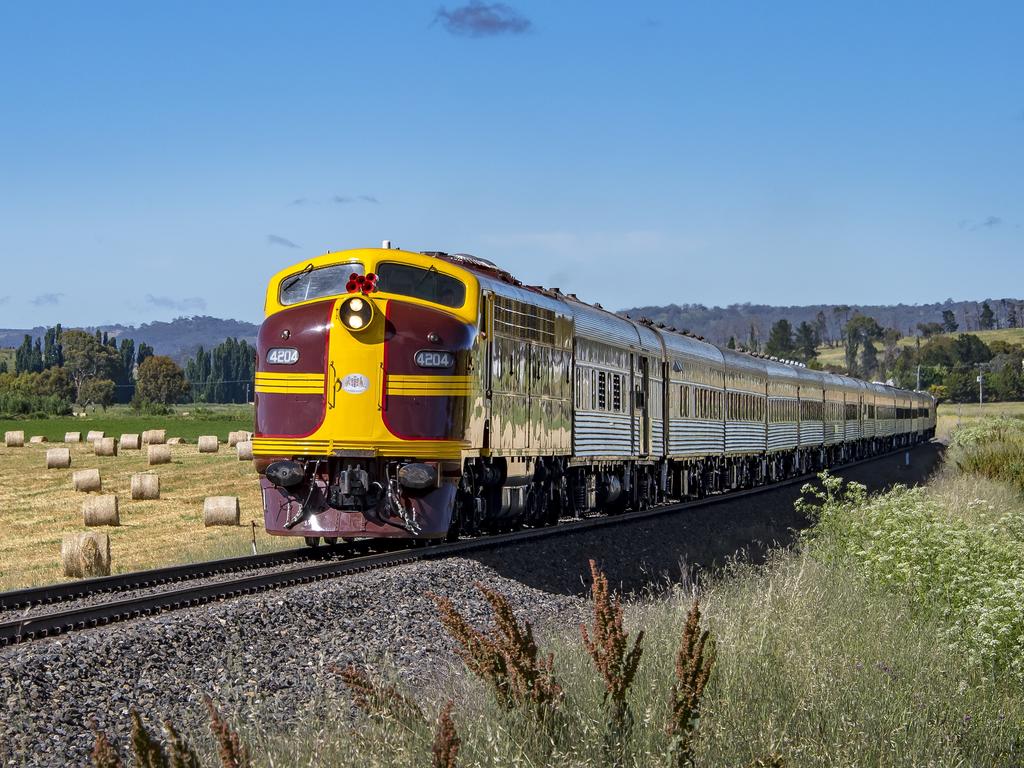
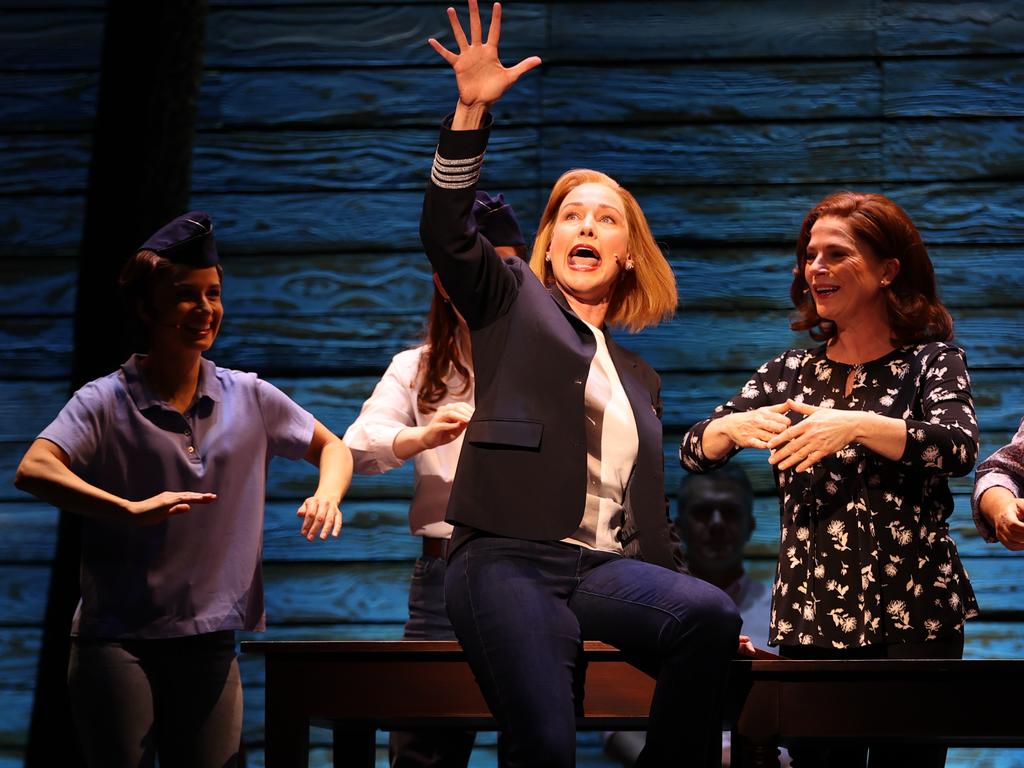
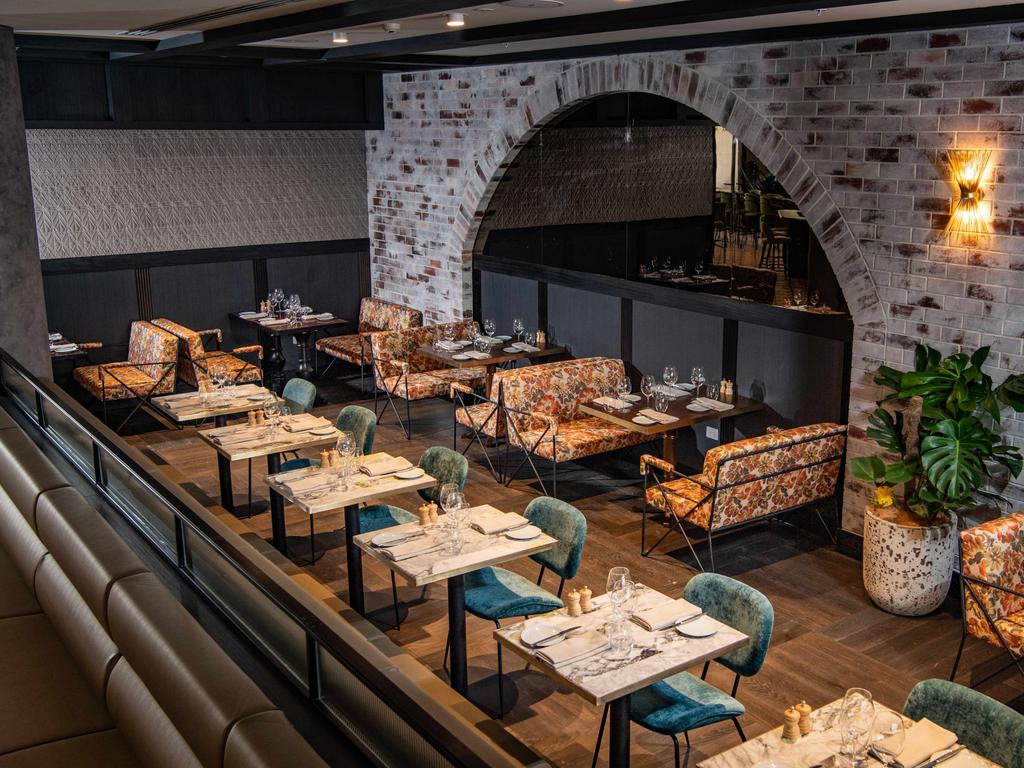
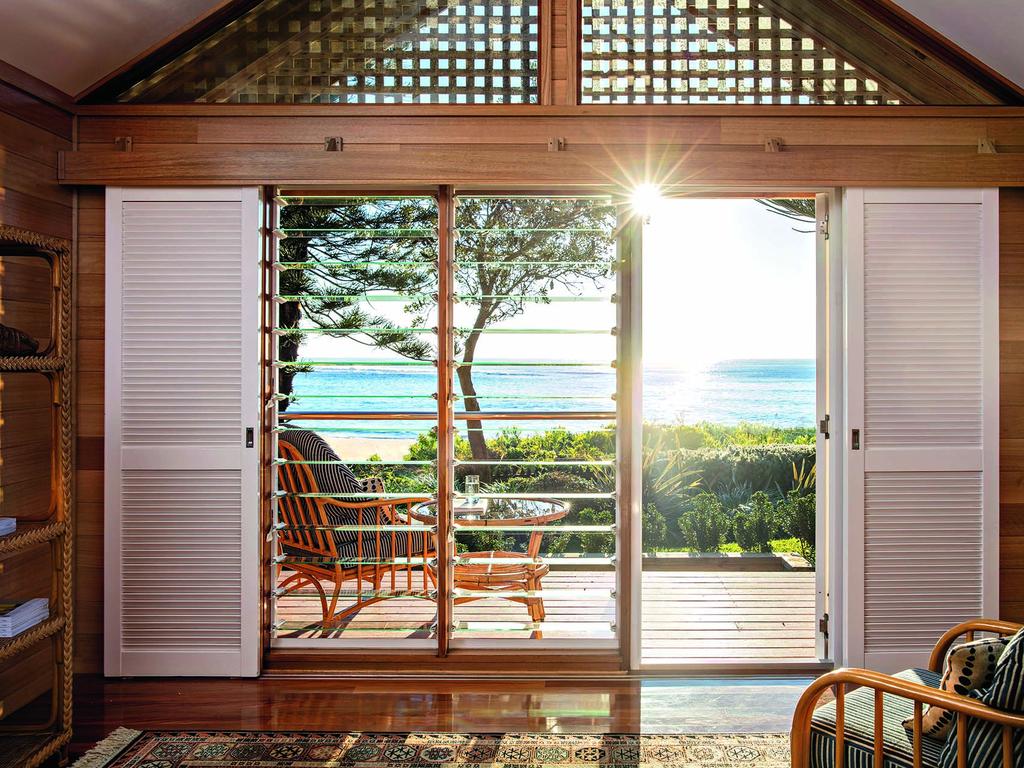
To join the conversation, please log in. Don't have an account? Register
Join the conversation, you are commenting as Logout